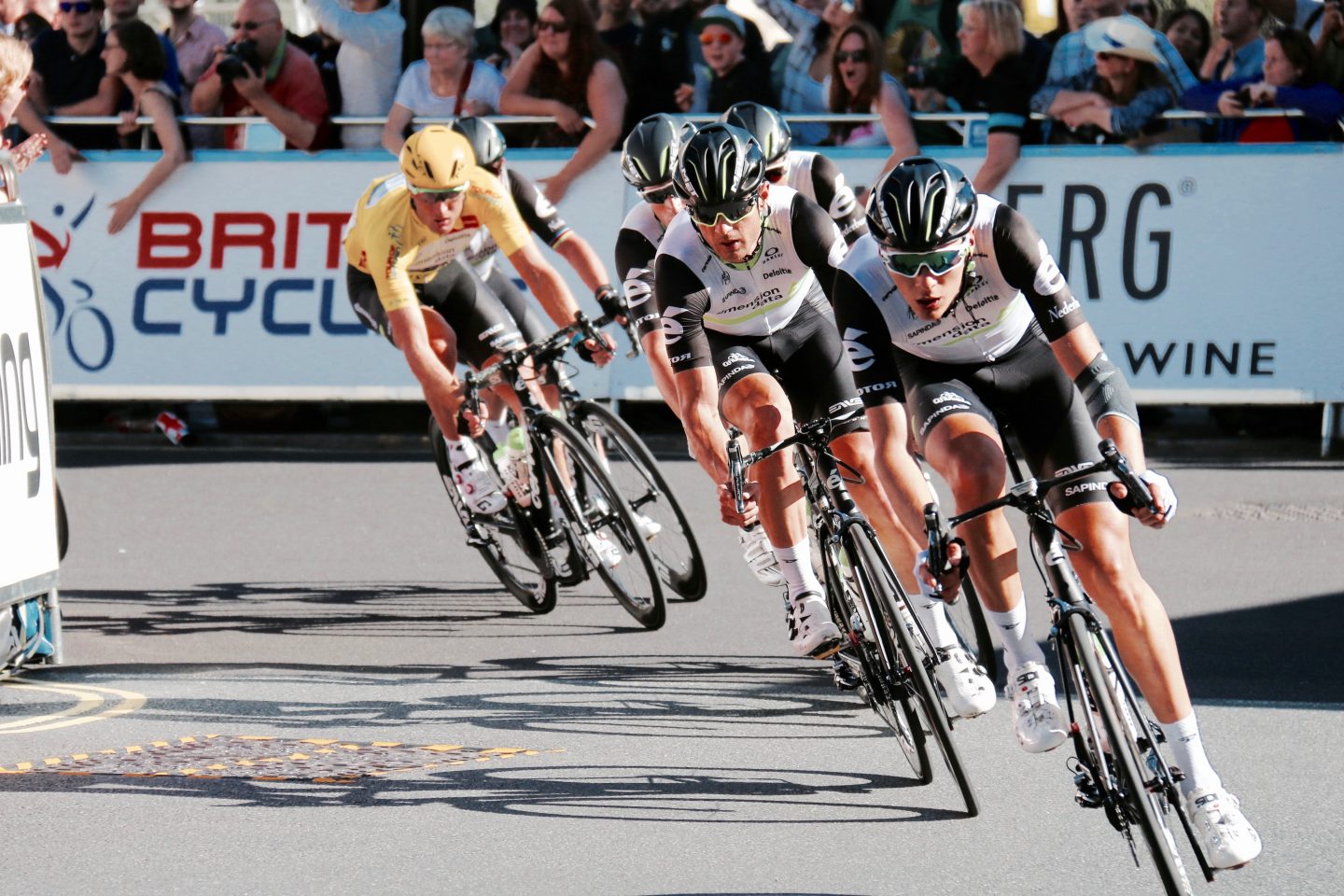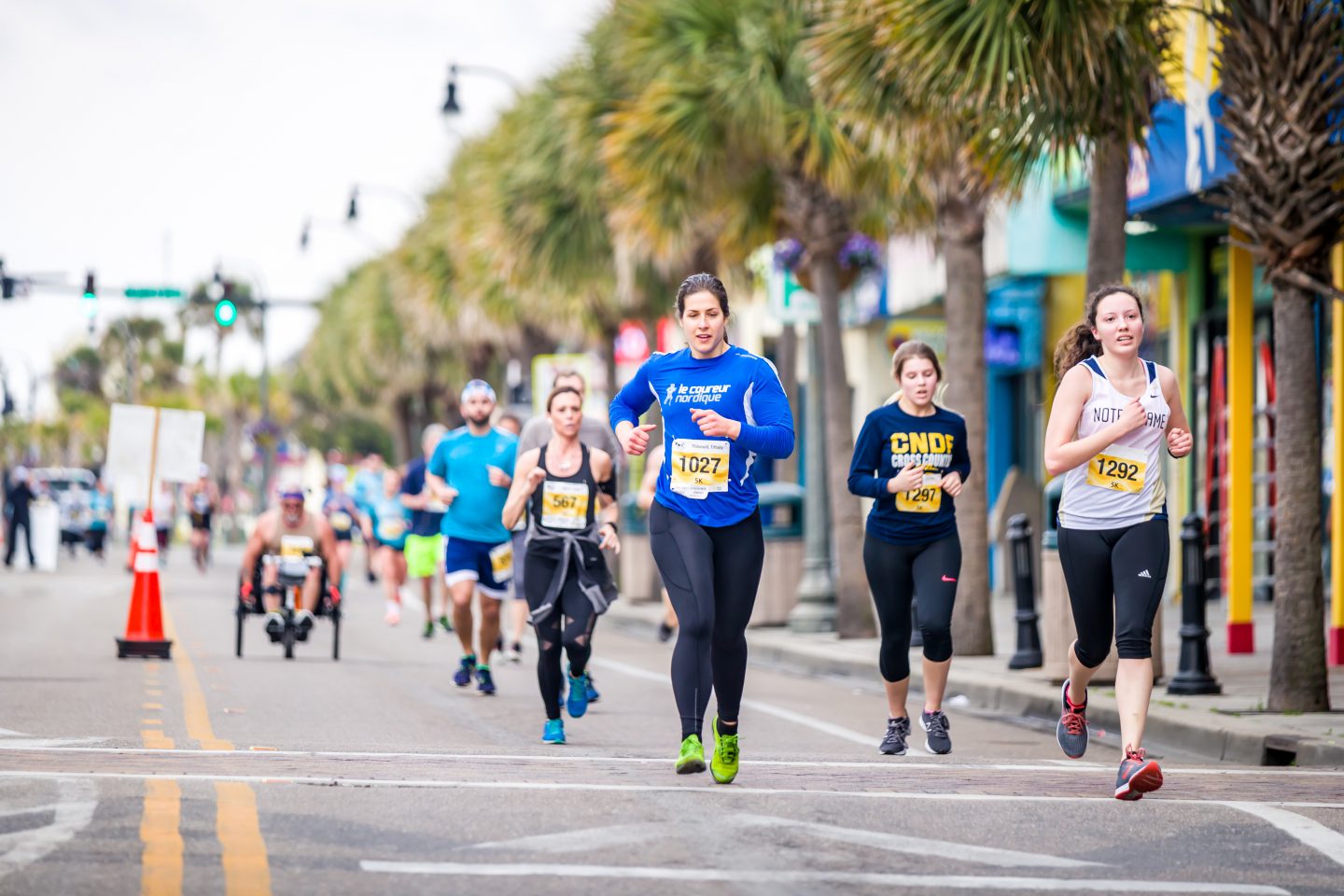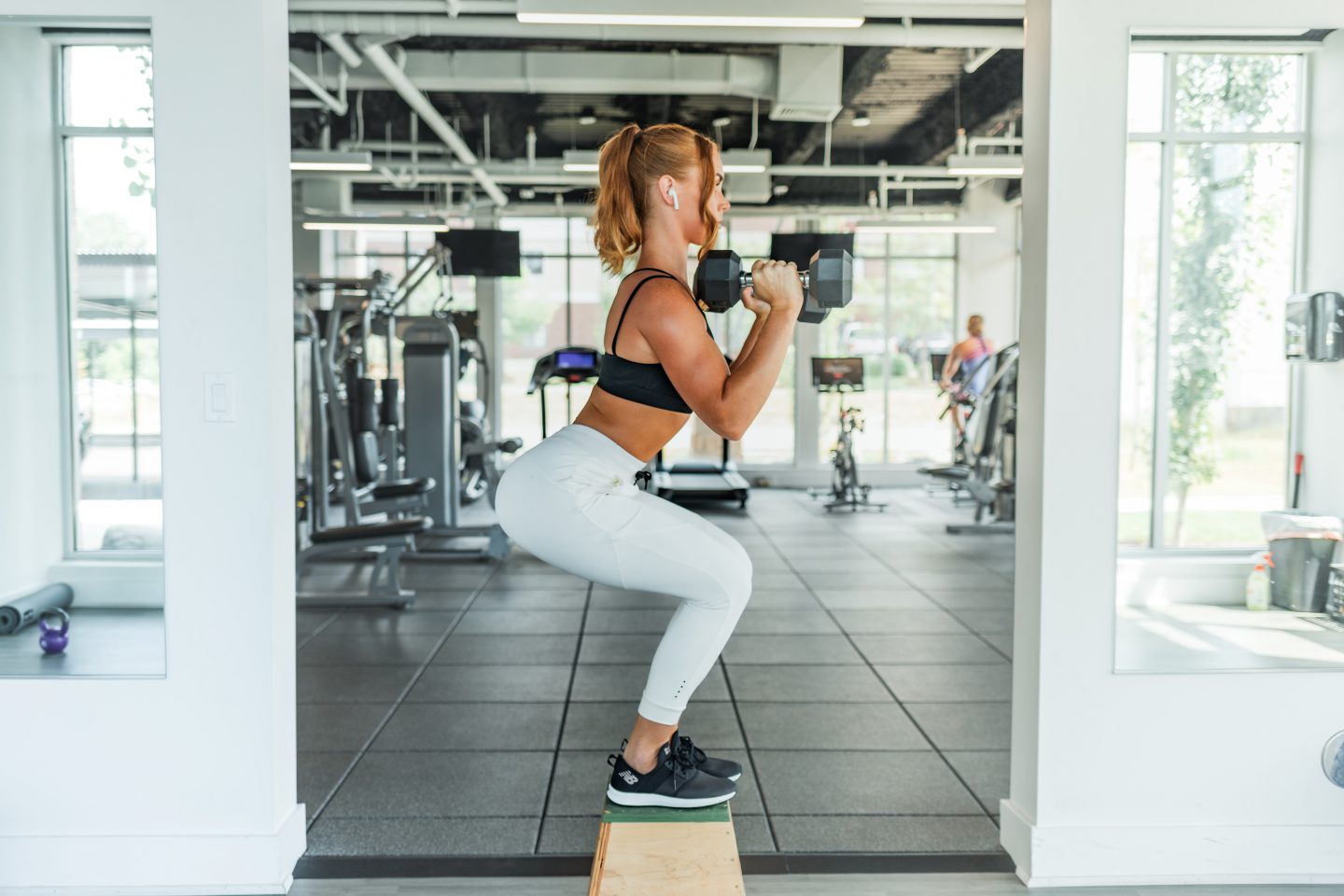Elite athletes use a lot more than natural born talent to achieve personal bests. The best part is many of the strategies they rely on for success are just as useful for amateur athletes.
Even though elite athletes may make winning performances look easy, there’s a lot more to success on the field, track or court than pure talent. From strict training regimes to controlled diets and an obsession with statistics, elite athletes use a heap of scientific strategies to help them improve performance. You may not aspire to win an Olympic gold medal, but many of the practices that aid elite athletes can also help amateurs do better at the gym, on the field or during a fun run.
Read more →




